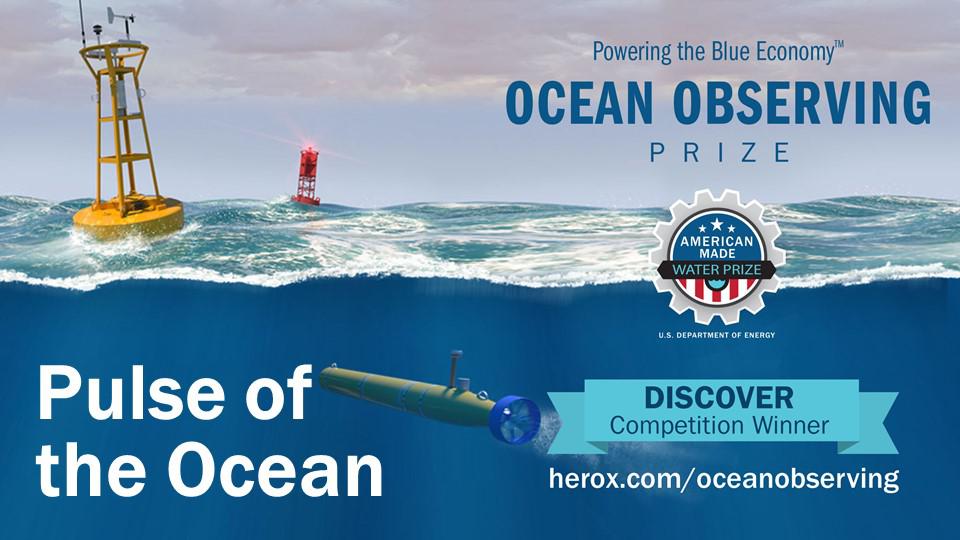MIT Team Wins Explorer Prize in the Ocean Observing Prize’s DISCOVER Competition from US DOE and NOAA

MIT Electrical Engineering and Computer Science Assistant Professor Fadel Adib and his team from the Signal Kinetics Research Group at the MIT Media Lab spent long hours testing their novel designs in the MIT Sea Grant experimental tanks and in coastal waters. Now they have won the Explorer Prize in the Ocean Observing Prize’s DISCOVER Competition, which called for proposals for marine energy powered systems.
Team Pulse of the Ocean, consisting of Fadel Adib, Reza Ghaffarivardavagh, Sayed Saad Afzal, and Osvy Rodriguez, designed and tested Piezo-Acoustic Backscatter (PAB), the first technology that enables backscatter networking in underwater environments.
Administered by the US Department of Energy and the National Oceanic and Atmospheric Administration (NOAA), the prize competition is designed to spur technology innovation and contribute to the growth of the blue economy.
Part of the American-Made Challenges series, the Ocean Observing Prize encourages integration of marine renewable energy with ocean observation platforms, revolutionizing data collection to understand, map, and monitor the world’s oceans. Competitors were evaluated on the impact of their innovation, end-user market potential, and technical feasibility.
The Batteryless Communication and Navigation for the Subsea IoT
- The first underwater technology that enables communication and sensing at near-zero power
- PAB is a battery-less sensor that can collect the ocean’s temperature, pressure and pH
- PAB nodes harvest energy from acoustic signals using piezoelectric interfaces and communicate by modulating the piezoelectric impedance
- Deploying a network of these nodes can enable underwater localization and navigation at minimum power
Read more via the Office of Energy Efficiency & Renewable Energy



